WOBO thanks “edie” for the breadth of news provided for both members and fellow professionals.

‘Green Industrial Revolution’: Liverpool unveils proposals for world’s largest tidal project
The Liverpool City Region Combined Authority has unveiled advanced planning proposals for what could potentially become the world’s largest tidal scheme along the river Mersey, anticipated to be operational within a decade.
The Mersey Tidal Power project, according to the local authority, is the UK’s “first of its kind” tidal barrage, with the projected capacity to generate clean energy for approximately 120 years and create thousands of jobs in its construction and operation.
The City Region has opted to pursue a barrage between the Wirral and Liverpool as the preferred solution for the project, potentially enabling the establishment of a cycling and pedestrian route over the river between Liverpool and Wirral, while also serving as a defence against future flooding risks that will increase in the future due to climate change.
The multi-billion-pound project is now progressing towards the formal planning consent process. If successful, the project could position Liverpool as a leader in sustainable energy and align with the region’s target of achieving net-zero carbon emissions by 2040.
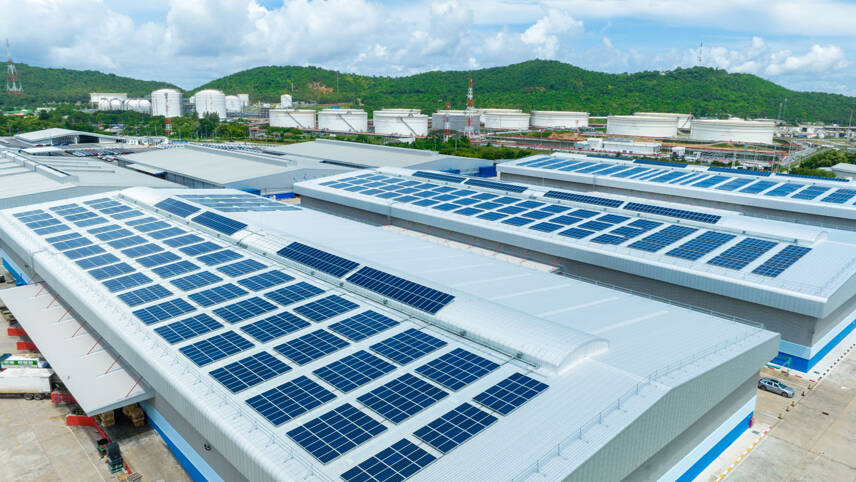
Big businesses press policymakers in Asia to go faster on renewable energy
The Climate Group has stated that policymakers in Japan and South Korea are under increasing pressure to improve national clean energy targets and supporting policies, due to a groundswell of corporates wanting to increase their use of renewable electricity.
The organisation has this week published its latest annual update on the RE100 initiative, which convenes businesses from different countries and industries in setting targets to procure 100% renewable electricity.
More than 400 businesses now participate in the RE100 and collectively use 500TWh+ of electricity each year – more than the entire electricity demand of France.
Of the top 10 largest electricity-consuming companies that joined RE100 since the previous annual report, all are in Asia. Seven are headquartered in South Korea, with the other three being based in Japan.
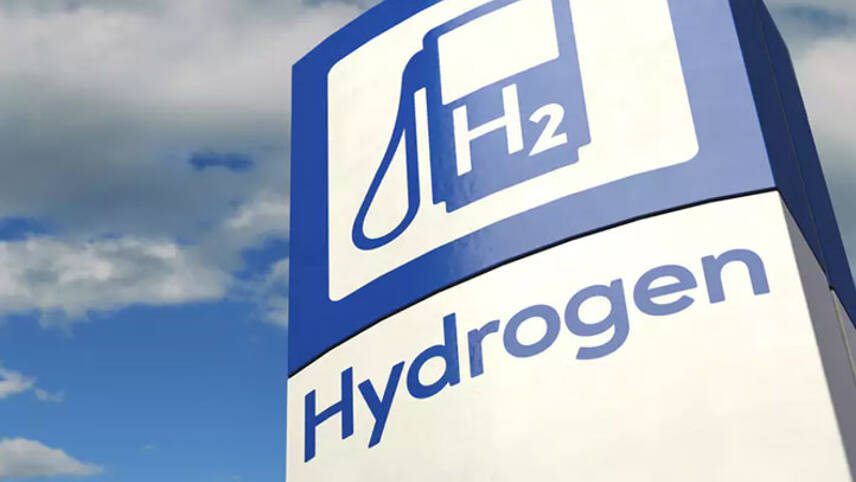
Green hydrogen innovation competition opens with £500,000 funding pot
Scotland’s Net-Zero Technology Centre has launched a competition to support next-generation electrolysers, which will be key to scaling Britain’s green hydrogen production capacity.
Up to £500,000 of funding is available through the competition, to be shared among a maximum of five projects. Applicants have until 14 April to submit their bids.
The UK is aiming to host 10GW of ‘low-carbon’ hydrogen production capacity by 2030, of which at least 5GW should be accounted for by green hydrogen. Green hydrogen is produced by separating the hydrogen and oxygen molecules found in water using electrolysis, in a process served by 100% renewable electricity.
The Net-Zero Technology Centre, based in Aberdeen, is looking to support the developers of more efficient electrolyser technologies.
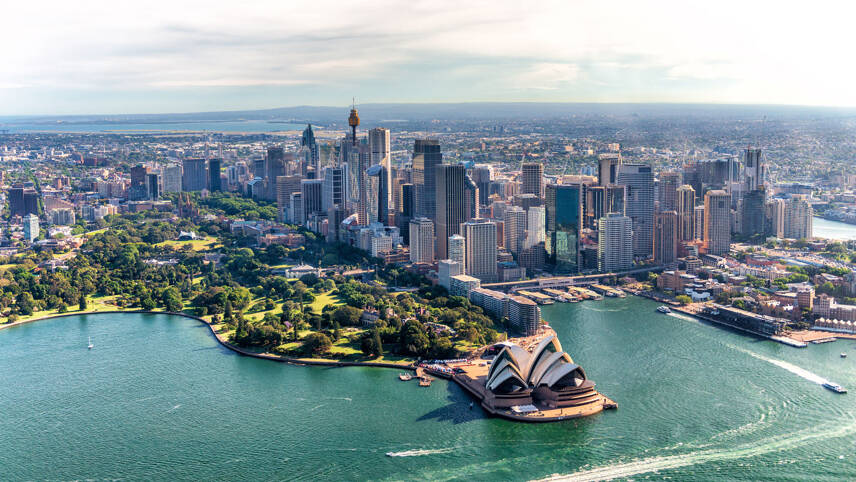
International alliance forged to unlock finance for sustainable buildings
Green building organisations from the UK, US and Australia have formed an industry-first alliance focused on unlocking finance for low-carbon, energy-efficient real estate.
The Building Research Establishment (BRE), the US Green Building Council and the Green Building Council of Australia are set to develop practical guidance for investors, property developers, property owners and governments on financing the delivery of buildings certified in line with the world’s most popular certification schemes for sustainable buildings.
Guidance will cover new buildings and the retrofitting of existing sites, taking in the BREEAM, LEED and Green Star certification schemes. More than 640,000 buildings worldwide are certified to at least one of these standards, with hundreds of thousands more striving for certification.
The US Green Building Council’s chief executive Peter Templeton said: “The green building community has proven that buildings can accelerate global decarbonisation while advancing critical human health, climate resilience, and social equity imperatives.
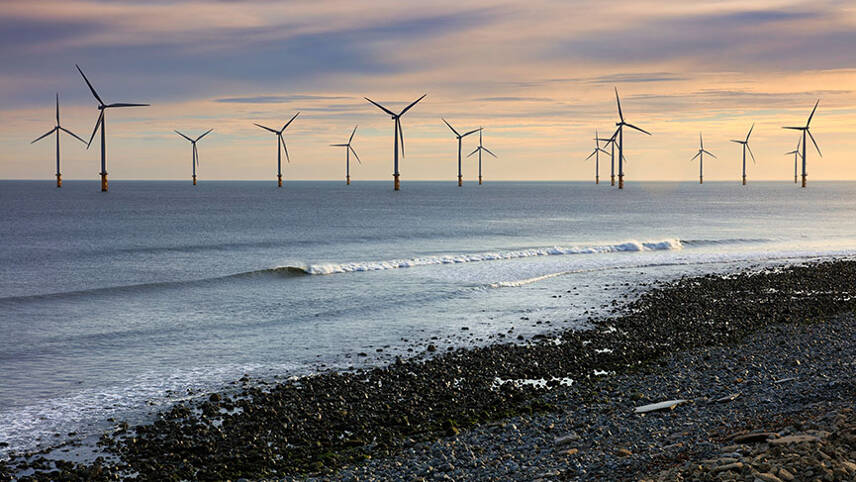
Wave energy crucial to UK’s clean power ambitions, report finds
A resilient and cost-effective transition to 100% renewables in the UK would require at least 27GW of wave energy capacity, new research has shown.
LUT University in Finland has released a new report that explored the pathways for the UK to switch to a 100% clean energy system by 2050. According to the Climate Change Committee (CCC), the UK is off-track to deliver its ambitions of a net-zero power grid by 2035.
The new research states that scenarios, where the UK can manage the energy transition securely, would require at least 27GW of wave and tidal energy capacity by 2050. The report states this would cover the trebling of energy consumption by 2050 as other sectors electrify.
The report notes that increased tidal would be required alongside new storage capacity that promotes flexibility. This would enable more wind, solar, wave, tidal, geothermal, biomass and hydropower integrate with the grid.
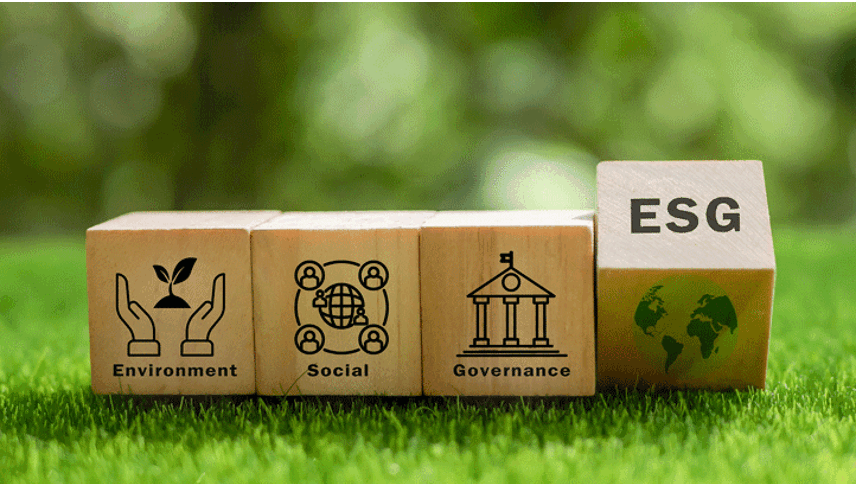
European companies face hurdles linking sustainability to growth, survey finds
A new survey has revealed that most European companies lack business cases for incorporating sustainability to drive differentiation and growth, with less than 10% of board members reporting satisfaction with the business rationale for ESG.
This is according to the fourth edition of the EY’s ‘long-term value and corporate governance’ survey, surveying approximately 200 directors, chief executive officers and C-suite heads across 15 European countries and 25 industries.
Just 24% of respondents reported that they had a clear strategic view of how tackling their material environmental, social and governance (ESG) priorities will achieve their value-creating objectives.
The analysis categorises the respondents as ‘followers’ and ‘leaders’, with the latter being a group of professionals with more advanced governance and greater sustainability ambitions.
While the leaders are focusing on catalysing growth strategies and market expansion as their main objectives to drive value from the sustainability agenda, the followers reported boosting customer loyalty and price premium as their foremost objectives.
